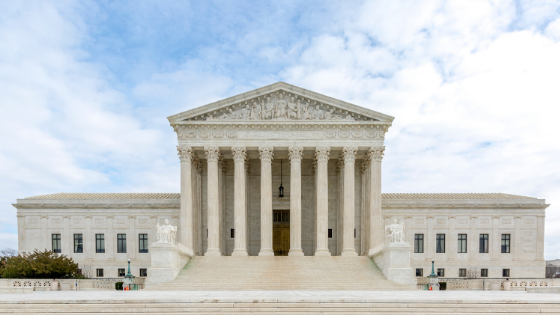What Florida Employers Need to Know About the Title VII Ruling

On Monday, June 15, the Supreme Court ruled in a landmark decision that protections under Title VII of the Civil Rights Act of 1964 (“Title VII”) extend to protect gay and transgender employees from discrimination. The decision—Bostock v. Clayton County, Georgia—is a consolidation of three cases in which employees were terminated by their employers on the basis of their sexual orientation or transgender stereotyping. Title VII prohibits employment discrimination based on race, color, religion, sex and national origin. However, what constitutes discrimination on the basis of sex has been strenuously debated in courts nationwide, with lower courts regularly holding that Title VII’s protections did not extend to individuals who experienced adverse employment action merely because they were gay or transgender. Courts are now faced with a new Title VII frontier.
In the opinion written by Justice Gorsuch, the Supreme Court held that Title VII is violated by firing an individual for being homosexual or transgender. Justice Gorsuch, who is widely known for his textualist approach in statutory interpretation, wrote: “when an employer fires a person for traits or actions that the employer would not have questioned in members of a different sex, then sex plays a necessary and undisguisable role in the decision, which is exactly what Title VII forbids.” He further wrote that it is impossible to discriminate against a person for being homosexual or transgender without discriminating against that individual based on sex. Notably, Title VII maintains a statutory “but for” cause standard. Thus, if a plaintiff can show that but for their gender identity or sexual orientation they would not have been fired, they have a valid claim under the extension of the statute.
The Court reached its decision by a margin of 6-3, with Justice Gorsuch and Chief Justice Roberts, two conservative members, siding with the four liberal members of the Court. The two dissenting opinions, written by Justice Alito and Justice Kavanaugh, argued that the textual reasoning was misapplied and that drafters of Title VII did not contemplate discrimination based on sexual orientation or gender identity, making the extension of Title VII to cover these individuals a job better suited for the legislation.
Prior to this decision, half of the States—including Florida—did not have laws that prohibit discrimination based on sexual orientation and gender identity. However, Orlando is one of the few municipalities with ordinances that already made it unlawful for an employer to discriminate against an employer for sexual orientation and gender identity. See Section 57.14 of the City Code of Ordinances. Thus, Orlando employers could already face claims of discrimination based on sexual orientation and gender identity under these ordinances. With the Supreme Court’s decision, federal law has caught up to Orlando’s ordinances and Title VII expanded federal protection to these employees as well. Although this decision is narrowly tailored, making it unclear as to how far Title VII will extend in other contexts, many employees across the country are now protected from discrimination based on their gender identity and sexual orientation at the hands of their employers as a result of this decision.
The impact of the Bostock decision has broad implications for employers. Although many Florida employers already have policies in place that prohibit discrimination on the basis of sexual orientation or gender identity, there is no longer any doubt that private employers with more than 15 employees may face legal liability under Title VII if an employee is subjected to harassment or discrimination due to the employee’s sexual orientation or gender identity. Employers should revise and expand their policies, handbooks, and training programs to incorporate specific provisions prohibiting discrimination and harassment against gay and transgender employees.
If you would like to confirm your organization’s policies comply with Title VII’s newly expanded protections or would like assistance in forming and implementing new Title VII training programs, please contact ShuffieldLowman for your labor & employment law needs.